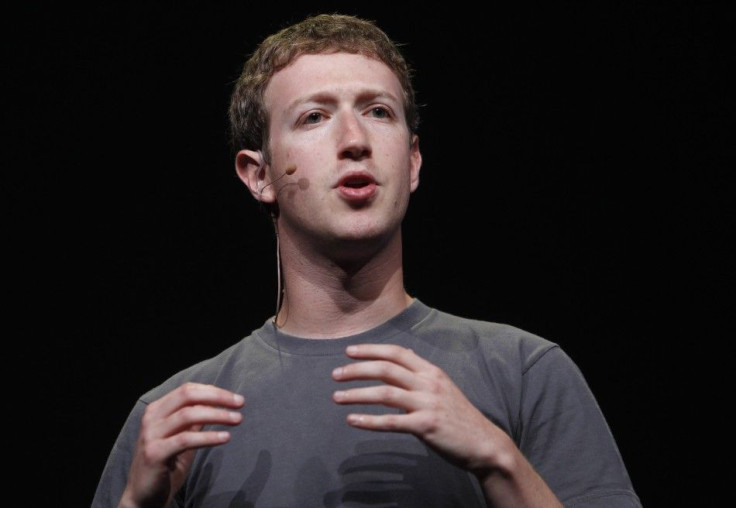Facebook to launch Internet satellite in 2016

Facebook plans to launch a communications satellite that will expand Internet access to remote parts of the world as part of its worldwide project, Internet.org. In collaboration with Eutelsat, a French-based satellite provider, Facebook aims to launch the first of its Internet satellites by 2016.
“Connectivity changes lives and communities,” wrote CEO and founder Mark Zuckerberg on his Facebook page.
Facebook intends to boost internet access using a satellite named AMOS-6. This “bird” will help expand Internet access to large parts of Sub-Saharan Africa and connect millions of people.
“Over the last year, Facebook has been exploring ways to use aircraft and satellites to beam internet access down into communities from the sky,” he added.
Zuckerberg said the satellite is under construction and will be launched into a geostationary orbit. The satellite will cover parts of West, East and Southern Africa.
The social network giant also plans to work with local partners that can help communities access Internet service. Facebook and Eutelsat have entered into an agreement with Israel-based satellite operator, Sapcecom, for the Internet satellite project, reports Autoevolution.
The innovative attempt to bring Internet access to remote areas will help achieve the common goal of Facebook and Internet.org. Facebook has been trying out various ways to provide Internet access to inaccessible regions.
In July, Facebook revealed its plans to build its own aerial drones to bring Internet connectivity to isolated parts of the world, reported the BBC. The drones will be capable of beaming the Internet at a speed of up to 10 gigabits per second.
The ground breaking solar powered drone, Aquila, will be able to reach out to people without Internet access. Aquila, which can remain airborne for 90 days, will operate at an altitude between 60,000 to 90,000 feet.
Contact the writer at feedback@ibtimes.com.au, or let us know what you think below.






